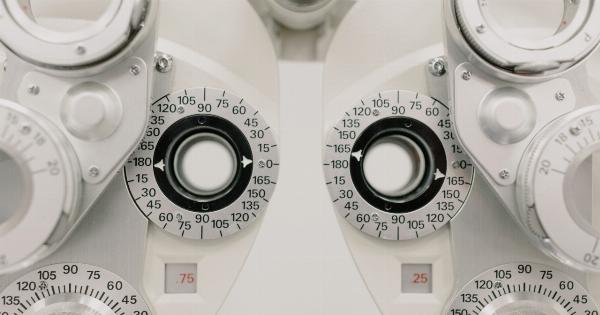Pregnancy tests have revolutionized the way women confirm their pregnancies. These tests rely on a hormone known as human chorionic gonadotropin (hCG), which is produced by the placenta after a fertilized egg has implanted in the uterus.
In this article, we’ll explore how pregnancy tests detect hCG.
What is hCG?
HCG is a hormone that is produced by cells of the placenta following implantation of a fertilized egg. Its purpose is to support the development of the fetus by regulating the production of other hormones like estrogen and progesterone.
It is also the hormone that pregnancy tests detect.
Types of Pregnancy Tests
There are two main types of pregnancy tests available: urine and blood tests.
Urine Tests
Urine tests are the most commonly used pregnancy tests. They are inexpensive, convenient, and can be done at home. Urine tests involve peeing on a stick or into a cup and waiting for the results.
If hCG is present in the urine, a line or symbol will appear on the test indicating a positive result.
Blood Tests
Blood tests are done at a doctor’s office or clinic and involve a blood draw. The two types of blood tests are quantitative and qualitative.
Qualitative blood tests detect hCG in the blood and are similar to urine tests in that they indicate whether or not you are pregnant. Quantitative blood tests measure the exact amount of hCG in your blood, which can provide important information about the progression of your pregnancy.
How Pregnancy Tests Detect hCG
Pregnancy tests work by detecting hCG in the body. When a fertilized egg implants in the uterus, it begins to produce hCG.
The levels of hCG in your body increase rapidly in the first few weeks of pregnancy, which is why early pregnancy tests can detect pregnancy before a missed period.
Urine tests work by capturing the hCG in your urine. The test strip or stick contains antibodies that will bind to any hCG that is present.
If hCG is present in your urine, it will bind to the antibodies on the test strip, causing a visible line or symbol to appear.
Blood tests work in a similar way. The test detects hCG in your blood by binding to it with special antibodies. If hCG is present, the antibodies will bind to it and produce a visible result.
When Should I Take a Pregnancy Test?
Pregnancy tests are most accurate when taken after a missed period. However, some tests can detect pregnancy as early as one week after conception. The earlier you take a pregnancy test, the more likely it is to give a false negative result.
If you suspect that you may be pregnant, it’s best to wait until after your missed period to take a pregnancy test.
Factors That Can Affect hCG Levels
Several factors can affect your hCG levels, including:.
- The stage of your pregnancy
- The time of day
- Stress
- Medications
- Health conditions like polycystic ovary syndrome (PCOS)
If you are unsure about whether or not you are pregnant, it’s always best to consult your doctor. They can perform a blood test to confirm your pregnancy or rule it out.
Conclusion
Pregnancy tests rely on detecting the hormone hCG, which is produced by the placenta after implantation of a fertilized egg. These tests are a convenient and reliable way to confirm a pregnancy, and can be done at home or at a doctor’s office.
If you suspect that you are pregnant, it’s important to take a test and follow up with your doctor to ensure a healthy pregnancy.



















